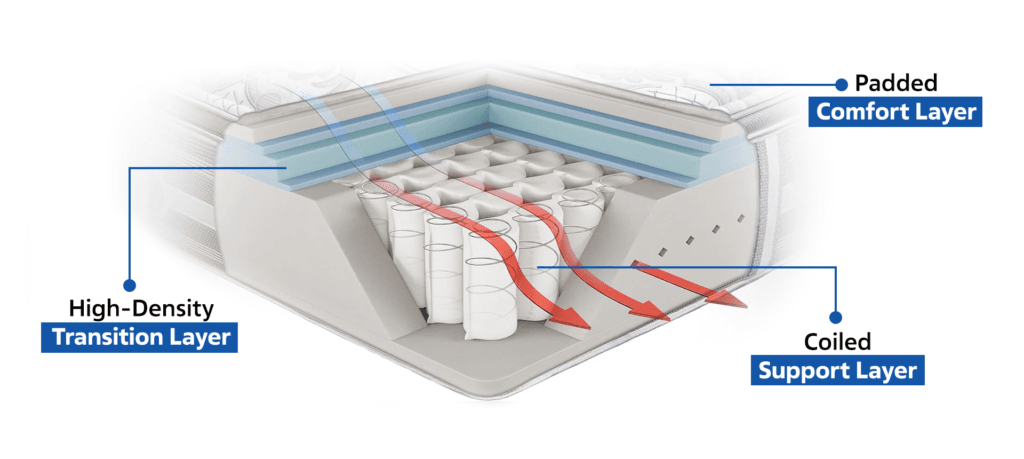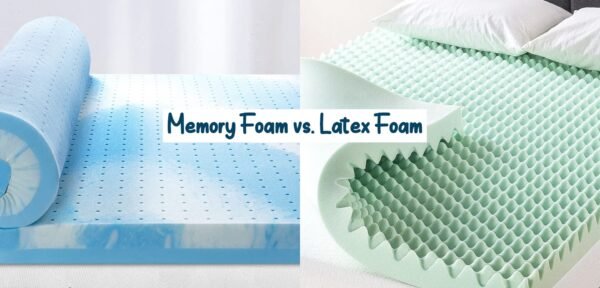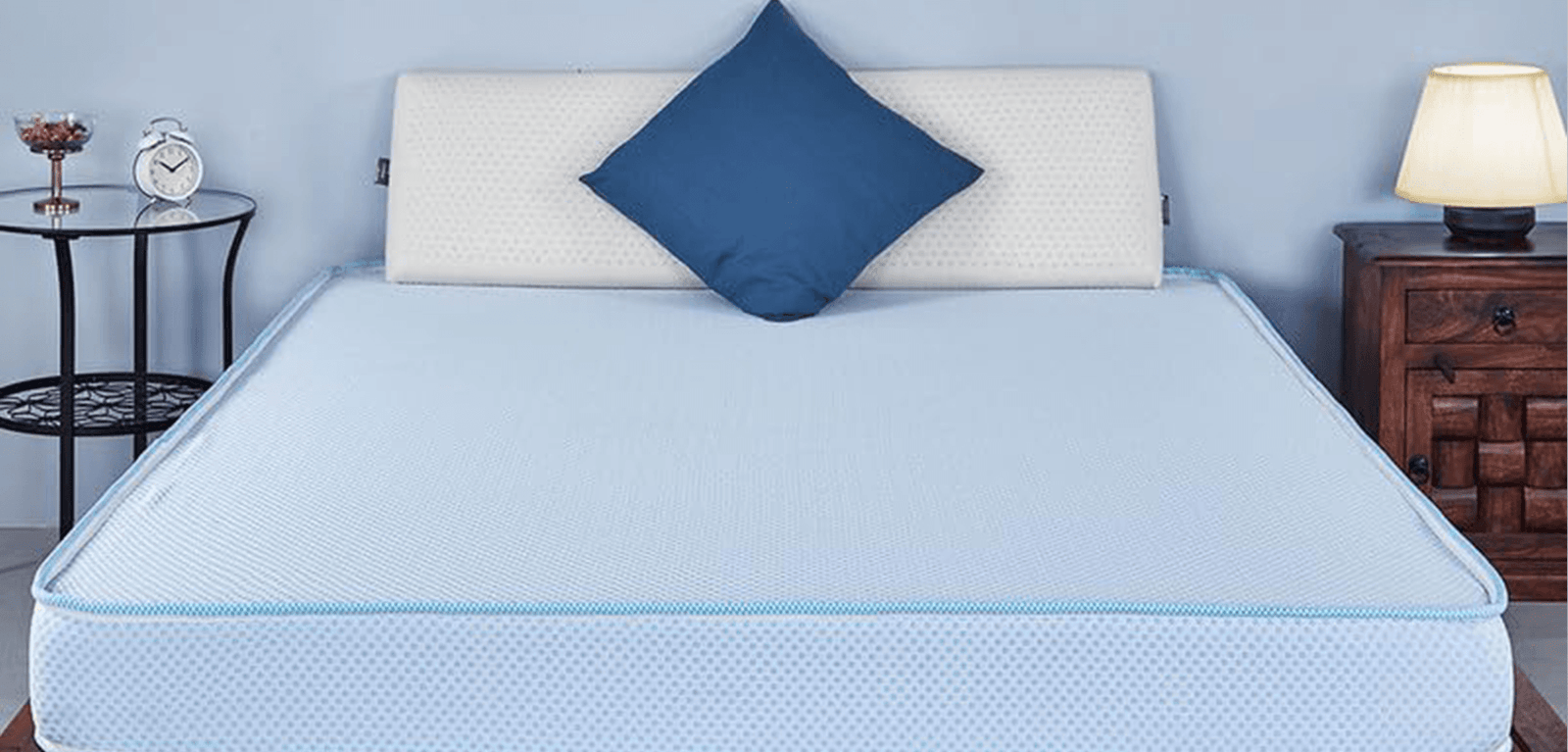Innerspring Mattress in India: Benefits, Disadvantages, and Why It’s a Great Choice for You
What is an Innerspring Mattress?
An innerspring mattress is built with a core system of metal springs or coils, designed to provide support and durability. These coils are typically topped with a comfort layer made of various materials such as fabric, padding, or foam. The combination offers a balance of support and cushioning, making it suitable for individuals who prefer a firm yet comfortable sleeping surface.
What is an Innerspring Mattress Made Of?

| Layer | Material Used | Purpose |
| Support Core | Steel Coils or Springs | Provides support and firmness |
| Comfort Layer | Foam, Latex, or Fiber | Enhances softness and comfort for the sleeper |
| Outer Cover | Quilted Fabric or Knitted Material | Adds breathability and aesthetic appeal |
The number and type of coils (e.g., Bonnell, pocketed, or continuous) affect the mattress’s performance, including motion isolation, firmness, and durability.
Benefits of an Innerspring Mattress
| Feature | Benefit |
| 🏋️♂️ Exceptional Support | Provides firm, structured support to keep the spine aligned and relieve back pain. Ideal for those who prefer a sturdy sleeping surface. |
| 🌬️ Breathability | The coil design allows better airflow, preventing heat buildup and ensuring a cool, refreshing sleep—perfect for India’s warm climate. |
| 💰 Affordability | Budget-friendly option that offers great comfort and durability without overspending. Perfect for families! |
| 🏆 Durability | High-quality steel coil construction ensures the mattress lasts 7–10 years with proper care. A long-term investment for quality sleep. |
| 🛏️ Variety of Options | Available in multiple firmness levels and designs to cater to different sleep preferences and comfort needs. |
Disadvantages of an Innerspring Mattress
| Disadvantage | Explanation |
| 🔄 Motion Transfer | Traditional innerspring mattresses with connected coils may transfer movement, potentially disturbing light sleepers sharing the bed. |
| 🛌 Limited Contouring | While highly supportive, innerspring mattresses don’t contour as well as memory foam or latex, which may be less comfortable for side sleepers needing pressure relief. |
| 🔊 Noise Over Time | With prolonged use, the metal springs might start creaking or squeaking, which could disrupt your sleep. |
Is an Innerspring Mattress a Good Choice?
For individuals who value firm support, breathability, and affordability, an innerspring mattress is an excellent option. It’s particularly suitable for back sleepers, hot sleepers, and those living in regions with warm climates. However, if you’re looking for a mattress with superior pressure relief or noise-free operation, you may want to explore hybrid or memory foam options.
Lifespan of an Innerspring Mattress
On average, a high-quality innerspring mattress can last 7–10 years with proper maintenance. Regular rotation and the use of a mattress protector can extend its life.
FAQs About Innerspring Mattresses
1. Are innerspring mattresses suitable for all sleeping positions?
Yes, but they are best for back and stomach sleepers due to their firm support. Side sleepers may need an added comfort layer for pressure relief.
3. How do I reduce motion transfer in an innerspring mattress?
Opt for a model with individually pocketed coils, which isolate motion better than traditional connected coil systems.
4. Can innerspring mattresses cause back pain?
No, as long as you choose the correct firmness level and maintain the mattress, it can alleviate back pain by providing proper spinal support.
5. How do I maintain an innerspring mattress?
Rotate the mattress every 3–6 months, avoid jumping on it, and use a high-quality protector to guard against spills and stains.





